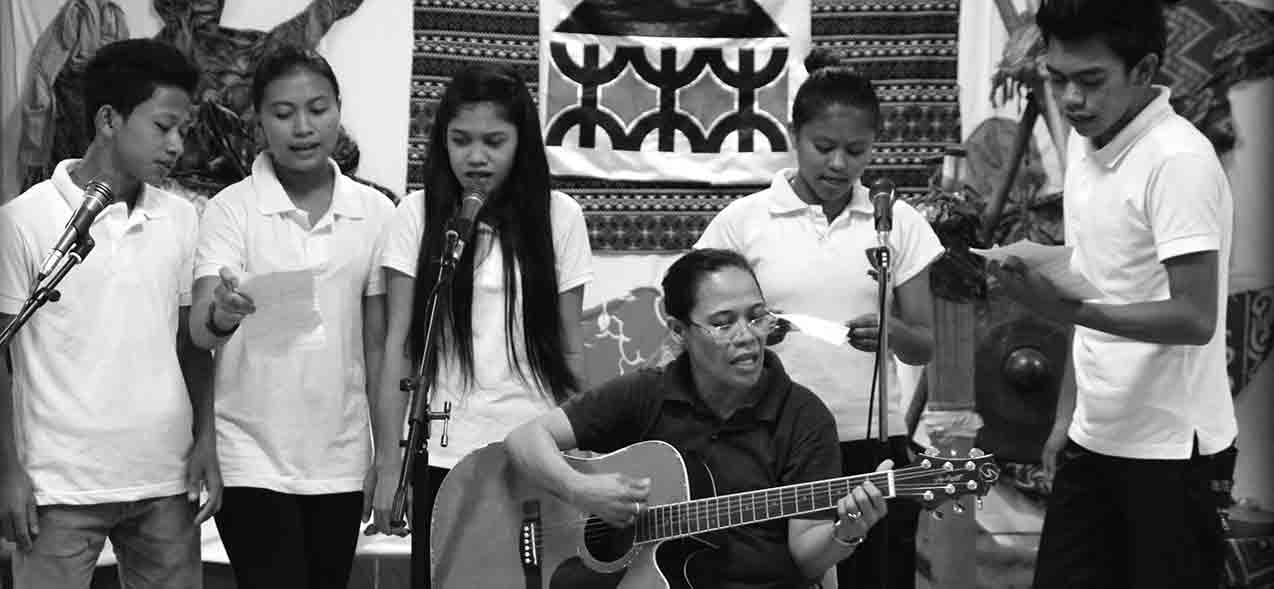Anti-Torture Coalition calls for end to impunity and the effective implementation of the Anti-Torture Act in the Philippines
The United against Torture Coalition (UATC) has called attention on the non-conviction of torturers and the weak implementation of the Anti-Torture Act six years since it was enacted in 2009. The coalition raised this observation, among other issues, during the 57th session of the United Nations Committee on Torture at Palais Wilson in Geneva on April 27, 2015.
The coalition enjoined the Committee against Torture to , among others, ask the Philippine government to take steps to break impunity and for the Commission on Human Rights to convene regularly the oversight committee whose task is to periodically review and address the issues that impede the effective observance of Republic Act 9745 or the Anti-Torture Act.
The UATC oral presentation coincided with the review of the UN Committee of the compliance of the Philippine government to its obligations under the Convention against Torture in which it is a state party.
The Balay Rehabilitation Center, which served as the secretariat of the coalition, said that warrant of arrests for ranking officials of the armed forces implicated in the torture of a baker in Basilan and a civilian in Bicol have remained not served since the respective cases them have been filed. It also noted that there has been no criminal charges filed against those who were responsible for maintaining the unofficial and secret detention place in Laguna where the so called ‘wheel of torture’ was carried out by police officers against their captives in 2014.
Other UATC members such as the Medical Action Group and the Children’s Legal Rights and Development Center have also sent their respective representatives to the CAT session. The Amnesty International, whose Philippine Section served as the founding convener of the coalition, made an oral presentation before the CAT Committee as well.
Some of the other issues that were noted by the CAT Committee from the UATC report are the following:
- Inadequate knowledge by medical examiners of their obligations under the Anti Torture Act and low ability to document torture in line with the Istanbul Protocol.
- The apparent lack of institutional safeguards to protect doctors from intimidation and harassments by authorities who may be implicated in acts of torture
- The existence of secret detention places and the lack of knowledge of social workers to screen children in conflict with the law who may have been harmed by arresting authorities
- The non-establishment of the National Preventive Mechanism and the absence of a monitoring body to check on the treatment of patients in psychiatric facilities and other places where persons are deprived of liberty
- Gross overcrowding in jails that is tantamount to ill treatment or degrading punishment of inmates
- Lack of thorough report on the status of torture cases under consideration by the inter-agency body created under Administrative Order 35
- Non-designation of a focal agency to coordinate and promote the rehabilitation program for torture victims as provided for under the Anti-Torture Act.
- The ineffective functioning of the Oversight Committee by the Commission of Human Rights which is mandated under the Anti-Torture Act to review how the law was implemented and to address the impediments to its full compliance by authorities, among other tasks
The International Council for the Rehabilitation of Torture Victims (IRCT) has provided technical assistance and facilitated the Geneva mission of the UATC members. The Danish Institute against Torture (DIGNITY has also particularly supported Balay in the crafting of its report while the OMCT-Torture assisted the CLRDC.
The ten independent experts that consists the CAT Committee also had a separate dialogue with the 34-member Philippine delegation and the members of the Commission on Human Rights.
The government representatives presented their respective efforts to fulfil their obligation under the Convention and provided responses to the issues raised by the committee members during the session. The Committee will soon issue a formal report containing its observations and recommendations based on the information that it gathered from the civil society organizations, the human rights commission, and the government delegation.

